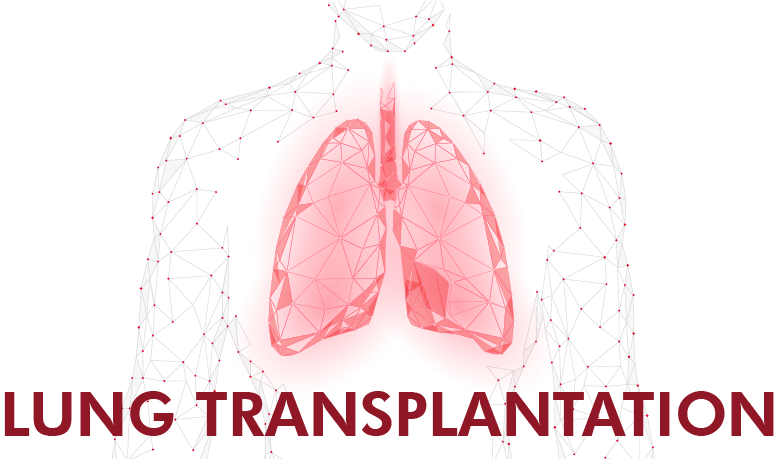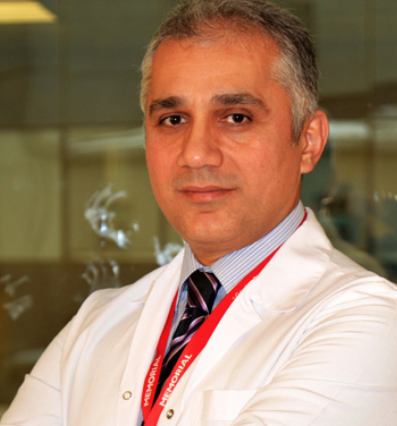Transplantation gives hope to thousands of people with organ failure and provides many others with active and renewed lives.




A lung transplant is an effective treatment for disease that has destroyed most of the lungs’ function. A lung transplant is reserved for people who have tried other medications or treatments, but their conditions have not sufficiently improved. For people with severe lung disease, a transplant can bring back easier breathing
Lung transplantation can be performed with organs from cadavers and living donors. Recently, living donor lung transplantation programs have been put into place due to limited availability of donors. Lobar lung transplantation from living donor is a life-saving option for patients who are not eligible for waiting for an organ from cadaver due to their deteriorated pulmonary functions and clinical condition.
We offer our patients transportation service between the airport, hotel and the hospital.
Our professional interpreters will be with you once you come to Memorial Hospitals until you turn back to your country.
Our packages include accommodation in 3 stars, 4 stars and 5 stars hotels.
At MEMORIAL, we are particularly proud of being a Joint Commission International (JCI) certified institution.

Required medical tests prior to a lung transplant help us dentify potential problems and avoid complications.Following examination of the donors for criteria such as blood type and height match, their relationship with the recipient (up to third degree) will be documented in conformity with international rules of law, and psychological evaluations, imaging scans, blood tests, pulmonary function tests and consultations will be performed.

Apart from the medical approach, the patient’s social status should also be evaluated
Psychological and social evaluation. Your stress condition related to your chronic disease, your financial challenges, and assistance of your family and loved ones will be evaluated.
Imaging and Invasive Procedures. Imaging procedures are performed to check your lungs and overall health condition. Related tests may include chest x-ray (PA), ultrasound, CT scans, pulmonary function tests, consultation examinations by doctors from other branches, lung biopsy, and dental examinations.

Following the lung transplant, the patient will be monitored at the intensive care unit for 1-6 days on average and then taken to the ward. Following monitorization and drain removal, follow-up and training process will be started. Respiratory Physiotherapy will be completed within 30-60 days on average, after which the patient is discharged unless any complication is observed. The recipient’s follow-up examinations are performed in Postop Months 3-6-12-18-24-36-48-60.

The donors will be postoperatively monitored under intensive care conditions for one night, after which they will be transferred to the ward. 2 chest drains are inserted during the surgery. The first drain is removed on Day 2-3 of follow-up at the ward and the second drain is removed on Day 5-6, and the patient is discharged from the hospital. The donors will attend follow-up examinations and take PA chest x-rays and blood tests on:
Post-transplant Day 3
Post-transplant Day 10
Post-transplant Day 20.

Determining if you are a candidate for any organ transplant requires a comprehensive evaluation, beginning with a medical record review, and the process often includes additional medical testing.A lung transplant may be needed for the following conditions:

You might be considered unsuitable if:
